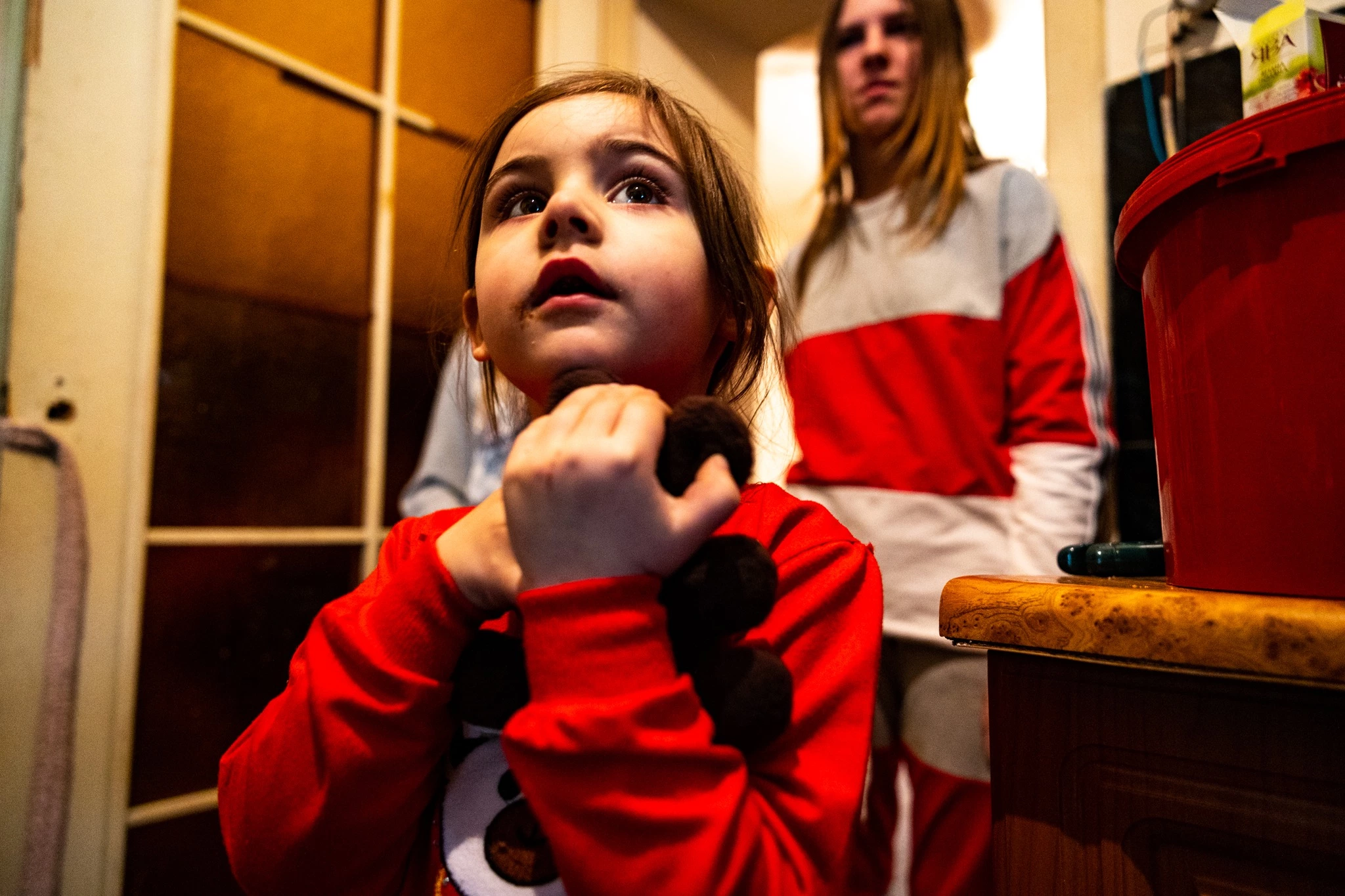Change language:
Hungary’s foster care crisis: the grim reality

There are approximately 5,400 foster parents in Hungary, but SOS Gyermekfalvak claims that some 2,000 additional foster care families are needed in order to be able to house every child in the system.
Critical shortage of foster care families
According to Népszava, 23,000 children live in foster care in the country at the moment mostly due to family issues: abandonment, abuse, substance use, or the death of one or both parents. Initiated by SOS Gyermekfalvak, 7 October has been dedicated to children living in foster care since 2021. As the non-profit organisation emphasises, it is crucial for these children to be adopted by a parent, and to find a home where they can be raised along with smaller number of children, just like their peers at school. If they are not adopted by a parent, they will most likely be sent to a foster home, where there are more children and less adults to take care of them.
The lack of a family here can deeply affect children on an emotional level, as it is more difficult to bond with their peers in bigger communities. Their sense of safety, due to the lack of consistency is also at risk. According to the law, every child under the age of 12 needs to be raised by a foster parent. In reality, only third of them, about 7,000, live in foster homes as there are not enough foster care families.
Read more: President Novák: Starting a family will save the world
No place to call home
After going through a recruitment process, being a foster parent is challenging, both emotionally and financially. Parents are often expected to be healthy, both mentally and physically, anything that could harm the stability of the family is an excluding factor. They also need to stay in contact with the biological parents, if there any, even if this could lead to conflicts. The aid for foster parents is HUF 69,600 (EUR 179.55) per month, with an additional HUF 46,400 (EUR 119.70) per children. But money is not the only issue. In many cases, foster children carry past trauma that is not easy to overcome and requires patience and understanding from the parent. A project, similar to foster parenting was also initiated by SOS Gyermekfalvak in order to take care of children with special needs. In this case, parents can raise only one child compared to “traditional” foster parents, who usually look after 3-5.
Being a substitute parent is also an option in Hungary. The establishment was introduced by the Child Protection Act of 1997, and it is similar to being a foster parent, but the right of custody remains in the hand of the biological parents. They give up on their children temporarily, often due to the living crisis or because they are unable to take care of them while going under medical treatment. During this time, they stay in contact with the children. Substitute parents only take care of children for 1.5 years maximum, but if the biological parents’ issue persists after, they may be taken into foster care.
Read more: Hungarian children in danger?
Author: Daniella Takács
Source: népszava.hu







